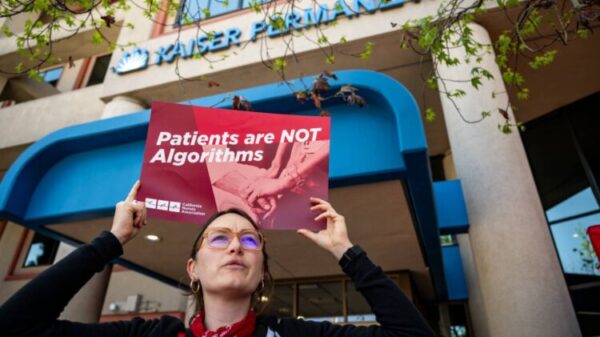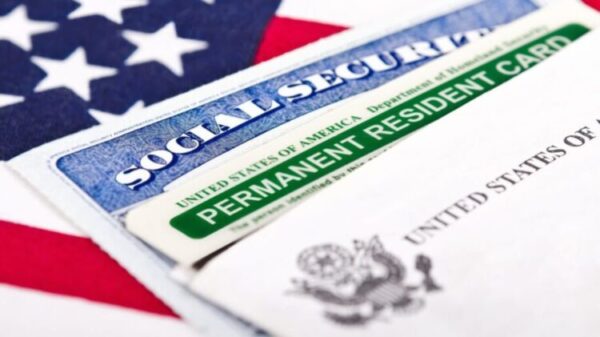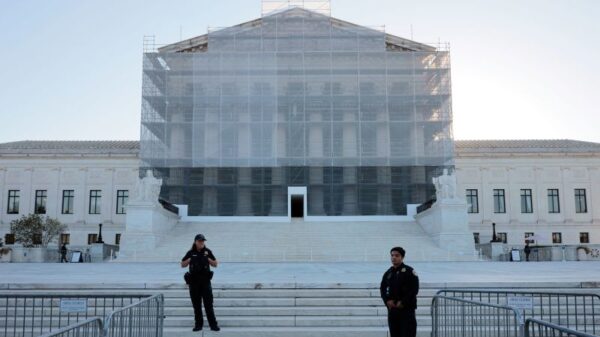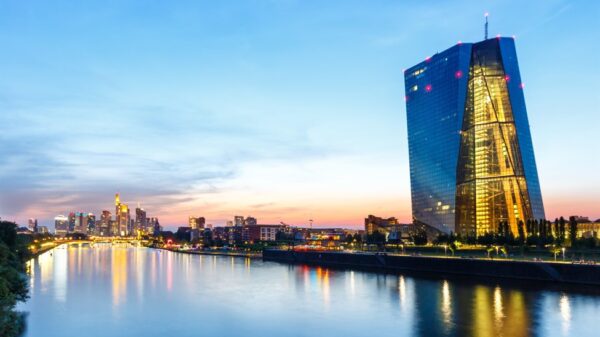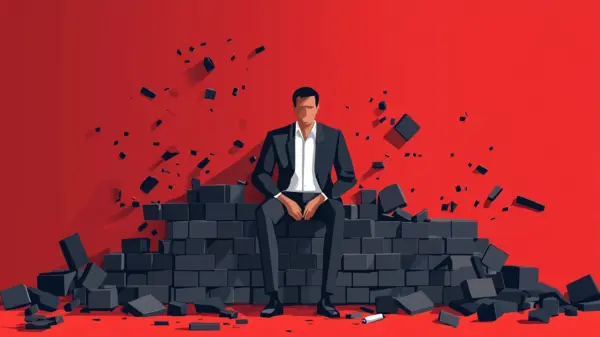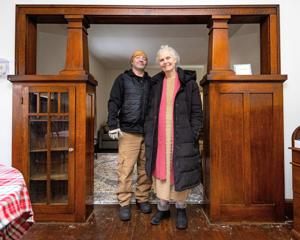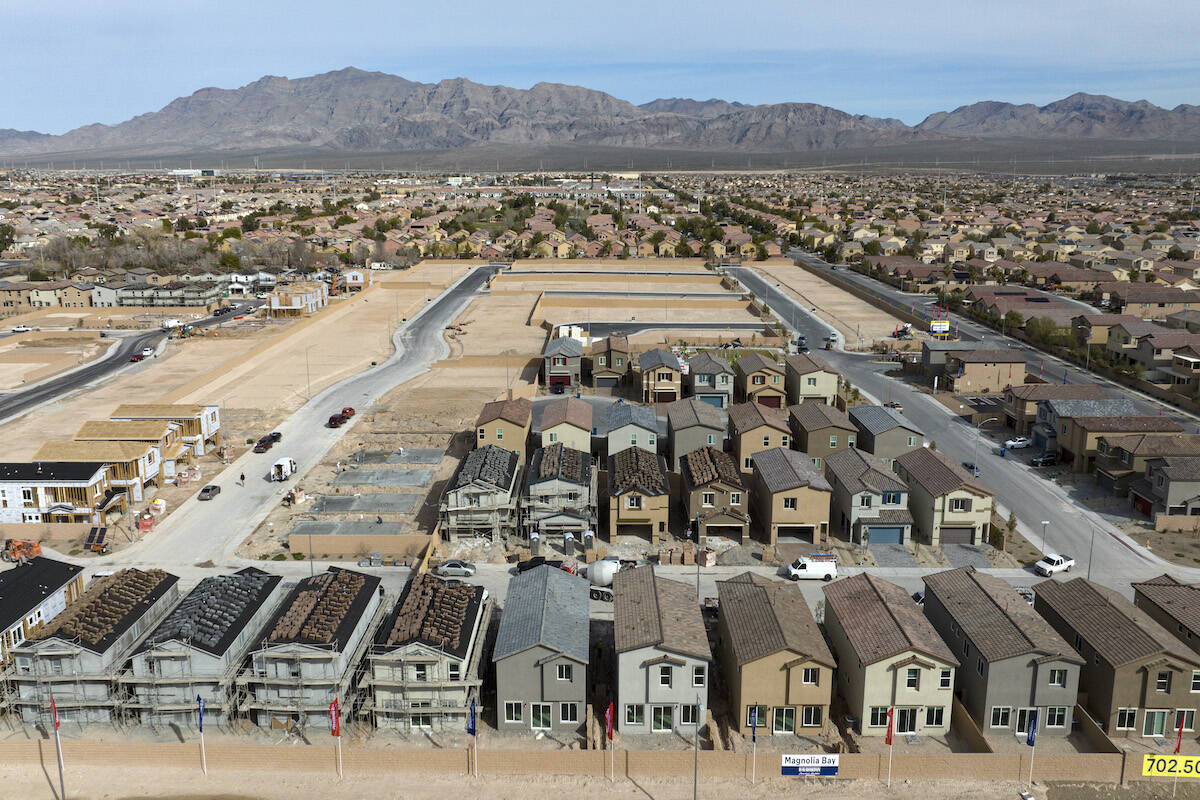The ongoing affordable housing crisis in Las Vegas has sparked a debate over the city’s heavy reliance on urban sprawl as a proposed solution. Critics argue that expanding into undeveloped areas without adequate infrastructure, employment opportunities, or transportation options is not a viable approach to addressing housing needs.
According to local urban planning advocates, there are approximately 78,000 acres of undeveloped or underdeveloped land within the city limits of Las Vegas. This land is already connected to essential utilities, public transportation, shopping centers, and places of employment, making it a more strategic option for development than sprawling outward into less accessible areas.
Urban development experts emphasize that instead of pursuing further sprawl, the city should focus on revitalizing existing neighborhoods. This would not only provide immediate housing solutions but also enhance community cohesion and accessibility. By leveraging the underutilized land within the city, Las Vegas can foster sustainable growth that supports both current residents and future generations.
The implications of unchecked sprawl extend beyond immediate housing concerns. Critics warn that such growth can lead to increased traffic congestion, environmental degradation, and a decline in the quality of life for residents. Urban planners advocate for a more integrated approach that prioritizes connectivity between residential areas and essential services.
As the city grapples with these choices, the challenge remains to find a balance between accommodating growth and maintaining a livable environment. Stakeholders, including city officials, developers, and community members, must come together to explore innovative solutions that respect both the needs of residents and the integrity of the urban landscape.
In summary, the affordable housing crisis in Las Vegas calls for a reevaluation of development strategies. Rather than embracing sprawl, there is a pressing need to optimize the use of available land and infrastructure. By doing so, Las Vegas can pave the way for a more sustainable and equitable future for all its residents.







